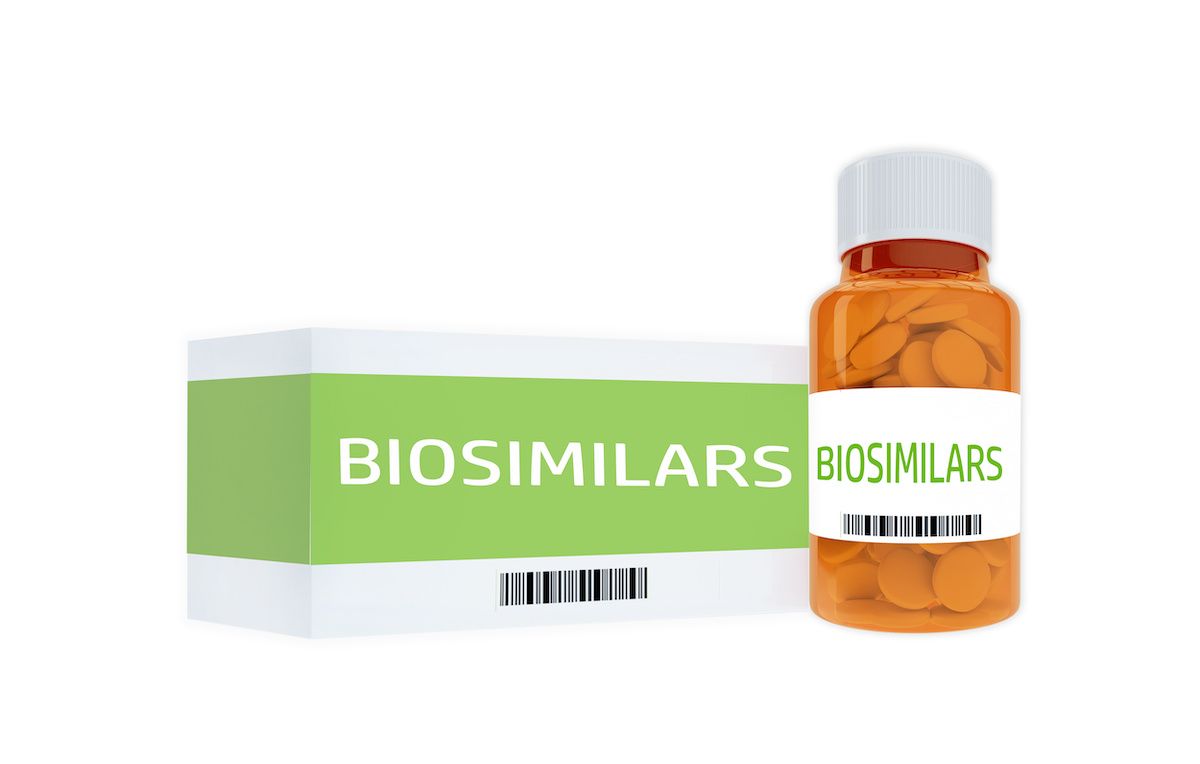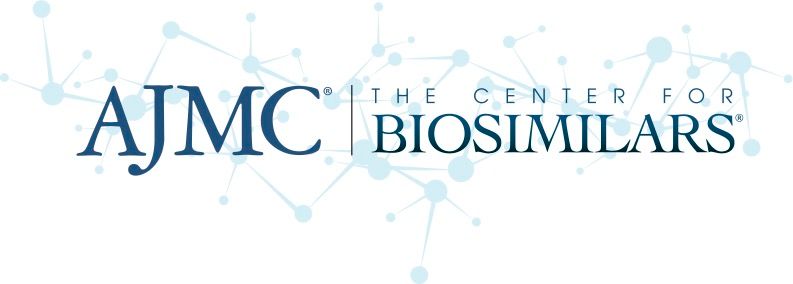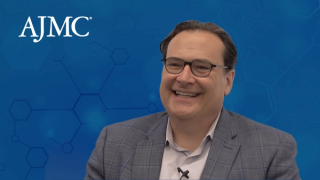
Biosimilars
Latest News
Latest Videos

CME Content
More News
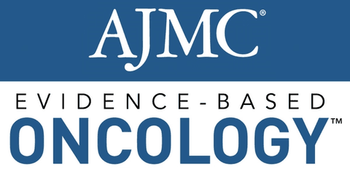

There are 2 ranibizumab biosimilars approved in the United States, and with more ranibizumab and the first aflibercept biosimilars on the horizon, gaps in knowledge among retinal physicians should be addressed.

When the first adalimumab (Humira) biosimilar launched at the end of January, it was just the beginnings of a wave of coming biosimilars for anti-inflammatory biologics.

The authors review a House Oversight Committee investigation report on AbbVie’s practices pertaining to adalimumab (Humira) to shed light on broader pharmaceutical market dynamics hindering a competitive market.
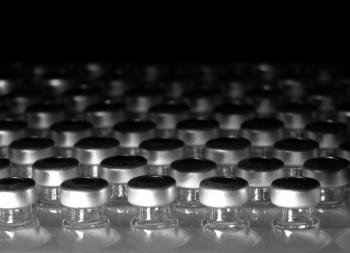
The first of at least 8 adalimumab biosimilars has finally launched in the United States after being kept off the market for years due to settlement agreements with the maker of the reference product, Humira.

Multiple adalimumab biosimilars will hit the US market in 2023, but the drug is still projected to have the largest price increase for the calendar year starting July 1.

Compared with sorafenib, a combination of sintilimab and a bevacizumab biosimilar improved responses in patients with unresectable hepatocellular carcinoma (HCC).
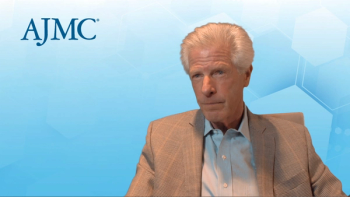
Ken Cohen, MD, director of translational research for Optum Care, talks about the value of prior authorizations in different contexts, and how simplicity can benefit the process in some situations.


Two ranibizumab biosimilars launched in the United States in 2022, but a new report shows comfort and familiarity with biosimilars has gone down compared with a year ago.

Ken Cohen, MD, director of translational research for Optum Care, speaks on the future of more biosimilars hitting the market, and how they will influence value-based care.

The addition of adalimumab biosimilars to formularies can help accelerate realized savings as the blockbuster drug Humira faces competition from multiple biosimilars, including 1 approved interchangeable biosimilar.
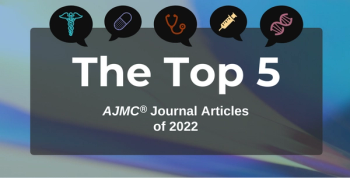
In 2022, the articles published in the peer-reviewed The American Journal of Managed Care® (AJMC®) explored care management interventions, savings from biosimilars, and much more.

Biosimilars are a wonderful option for patients, but the growing number available can be challenging to manage when different payers prefer different agents, said Susan Sabo-Wagner, MSN, RN, OCN, executive director of clinical strategy for Oncology Consultants of Houston, Texas.

The top biosimilars content of 2022 reviewed perceptions around switching to a trastuzumab biosimilar, drug costs, and the successful implementation of biosimilars in practice.

Abstracts presented at the annual meeting of the American College of Rheumatology (ACR) show 2 tocilizumab biosimilars were comparable to the reference product.
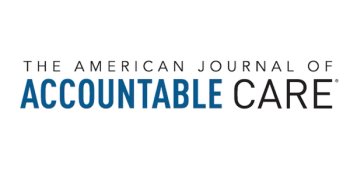
Biosimilar use in clinical practice is determined by oncologists’ perceptions of and willingness to prescribe them. The authors investigated US oncologists’ perceptions and use of biosimilars.

Due to anticompetitive practices, the United States lags Germany and Switzerland in the number of biosimilars on the market, while also having substantially higher prices for both biosimilars and reference products.
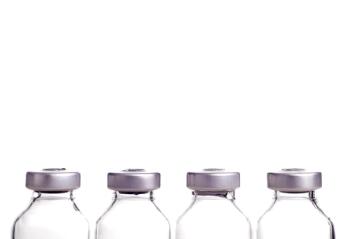
Abstracts show that institutions can make internal changes to drive the use of biosimilars and that successful biosimilar-to-biosimilar switching is based on patient-related factors.

A bill introduced by Senator Mike Lee, R-Utah, would prohibit the FDA requiring switching studies for biosimilars to gain interchangeability status.

Switching from the originator products to biosimilars or between biosimilars is safe and effective, according to a review of real-world studies.

With multiple biosimilars approved for a reference product and different payers preferring particular products, communication between the clinical pharmacy team and the managed care team is crucial, said Timothy Murphy, MD, FACP, medical oncologist/hematologist with Rocky Mountain Cancer Centers.

Findings suggest that Basaglar was not less expensive for patients than Lantus. Empirical evaluation of biosimilar costs prior to automatic substitution is necessary.

Ahead of the big wave of adalimumab biosimilars launching in the US market in 2023, rheumatologists report growing confidence in using biosimilars but remain concerned about their efficacy and economic benefit.

Coverage from the Atlanta meeting of the Institute for Value-Based Medicine, chaired by Ryan Haumschild, PharmD, MS, MBA, director of pharmacy services, Emory Healthcare and Emory Winship Cancer Institute.

